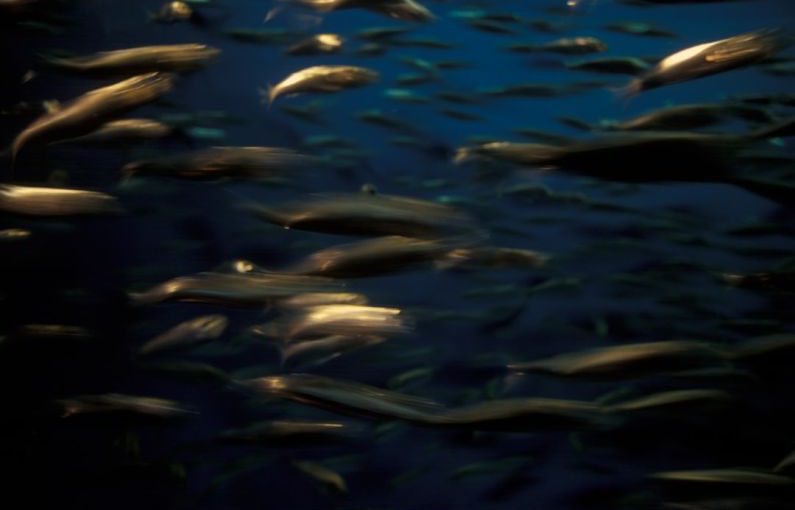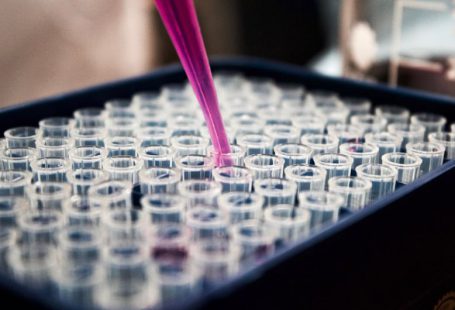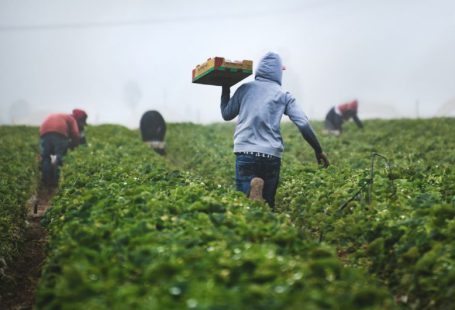As the global population continues to grow, the demand for food production is increasing rapidly. With traditional farming practices facing challenges such as limited land availability and climate change, innovative solutions are needed to ensure food security for future generations. One such solution gaining attention is underwater farming, a sustainable method that offers promising opportunities for the future of agriculture.
**The Concept of Underwater Farming**
Underwater farming involves cultivating crops and raising aquatic animals in underwater structures such as submerged cages or pods. This innovative approach utilizes the vast expanse of the world’s oceans and seas, which cover more than 70% of the Earth’s surface. By harnessing the benefits of underwater environments, farmers can overcome the limitations of traditional land-based agriculture and tap into new opportunities for sustainable food production.
**Advantages of Underwater Farming**
One of the key advantages of underwater farming is its potential to increase food production while minimizing environmental impact. The oceans have the capacity to support a wide range of crops and marine species, providing a diverse and abundant source of food. Additionally, underwater farming can help alleviate pressure on land resources, allowing for more efficient use of available agricultural land for other purposes such as conservation or reforestation.
**Environmental Benefits**
Underwater farming offers several environmental benefits that make it a sustainable solution for the future. By utilizing the natural resources of the oceans, this method can help reduce the need for freshwater irrigation, which is a significant contributor to water scarcity in many regions. Furthermore, underwater farming can contribute to marine biodiversity by creating artificial habitats that support the growth of marine species and promote ecosystem health.
**Challenges and Solutions**
While underwater farming holds great promise, it also comes with its own set of challenges. One of the primary concerns is the potential impact on marine ecosystems, including issues such as waste management and the spread of disease. To address these challenges, innovative technologies such as monitoring systems and sustainable farming practices are being developed to ensure the long-term viability of underwater farming operations.
**Future Prospects**
The future of underwater farming looks promising, with ongoing research and development efforts aimed at expanding the scope and scale of this innovative agricultural practice. As technology continues to advance, new opportunities are emerging to enhance the efficiency and sustainability of underwater farming systems. From seaweed cultivation to fish farming, underwater agriculture has the potential to revolutionize the way we produce food and meet the growing needs of a global population.
**Innovations in Underwater Farming**
Recent innovations in underwater farming include the use of automated systems for monitoring water quality and feeding fish, as well as the development of floating platforms that can support various types of crops. These advancements are helping to overcome the logistical challenges of underwater farming and make it a viable option for sustainable food production. Additionally, research is underway to explore the potential for underwater farming to sequester carbon and mitigate the effects of climate change, further highlighting its importance as a sustainable solution for the future.
**Conclusion: Embracing the Future of Agriculture**
As we look towards the future of agriculture, it is clear that innovative approaches such as underwater farming will play a crucial role in ensuring food security and sustainability. By harnessing the vast resources of the oceans and seas, we can create a more resilient and efficient food production system that meets the needs of a growing population while protecting the environment. With continued research and investment in underwater farming technologies, we can pave the way for a more sustainable and prosperous future for generations to come.





